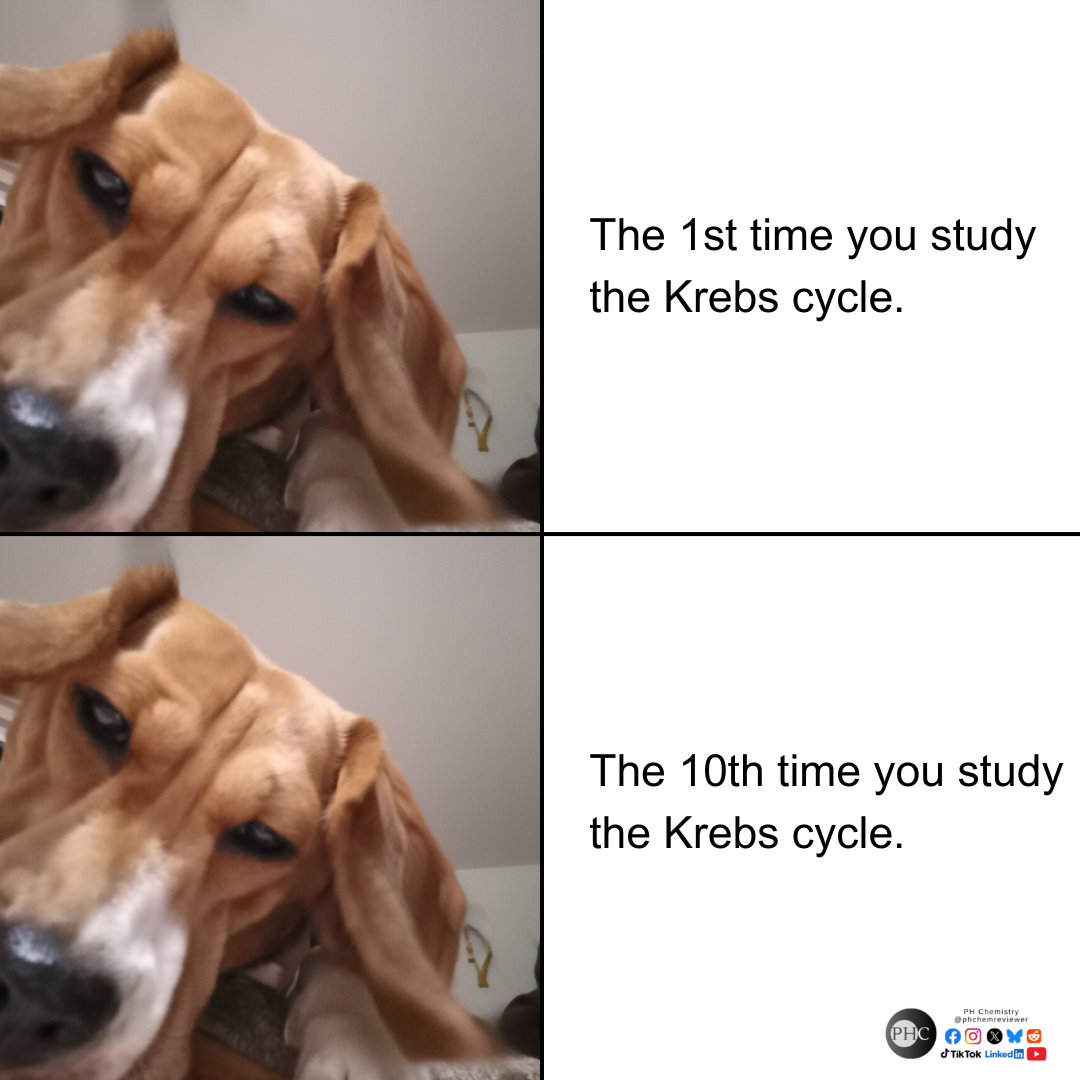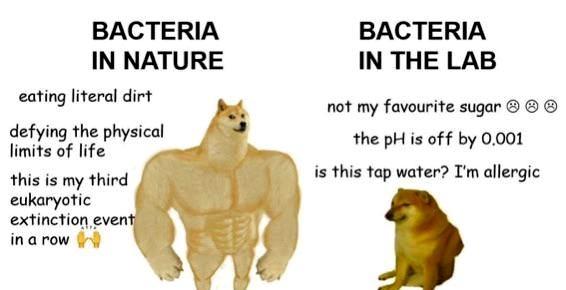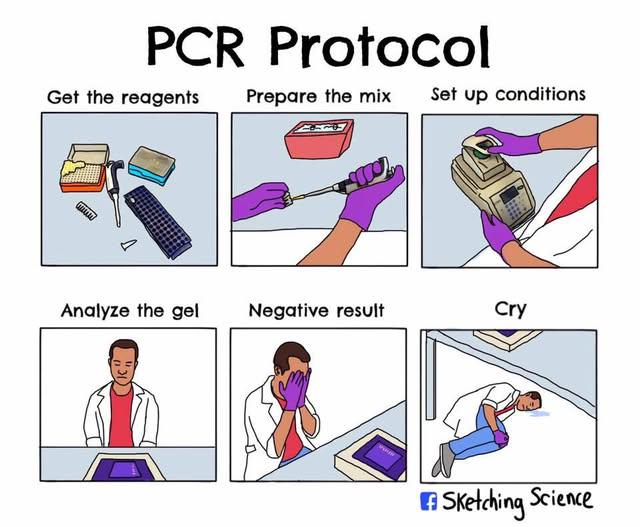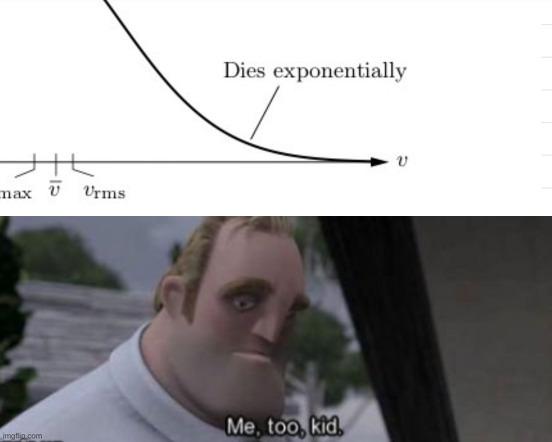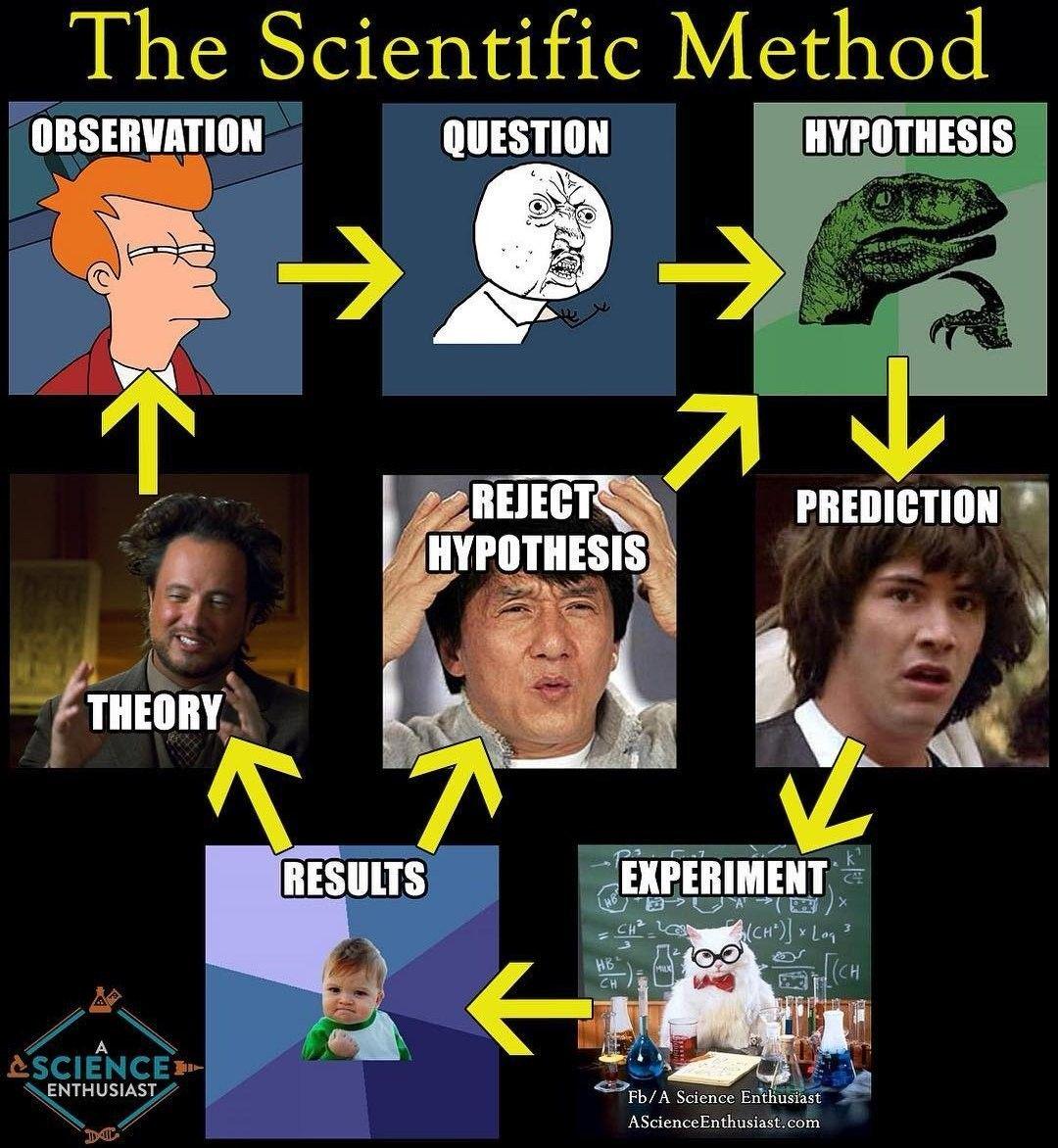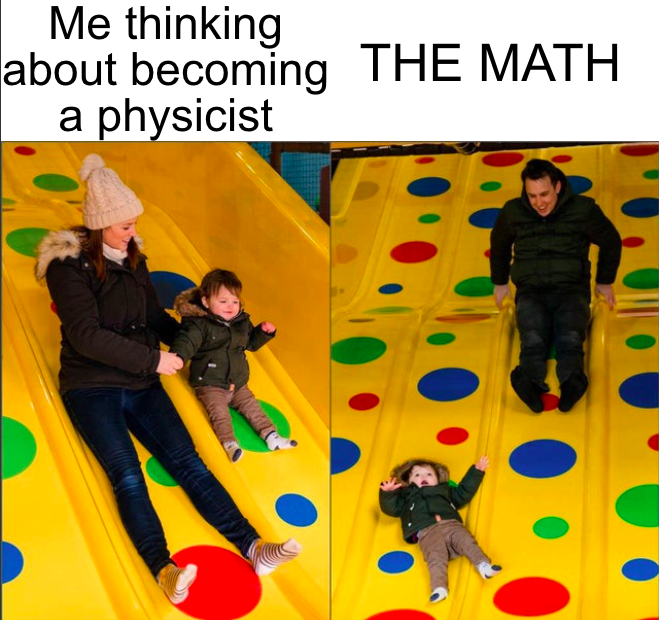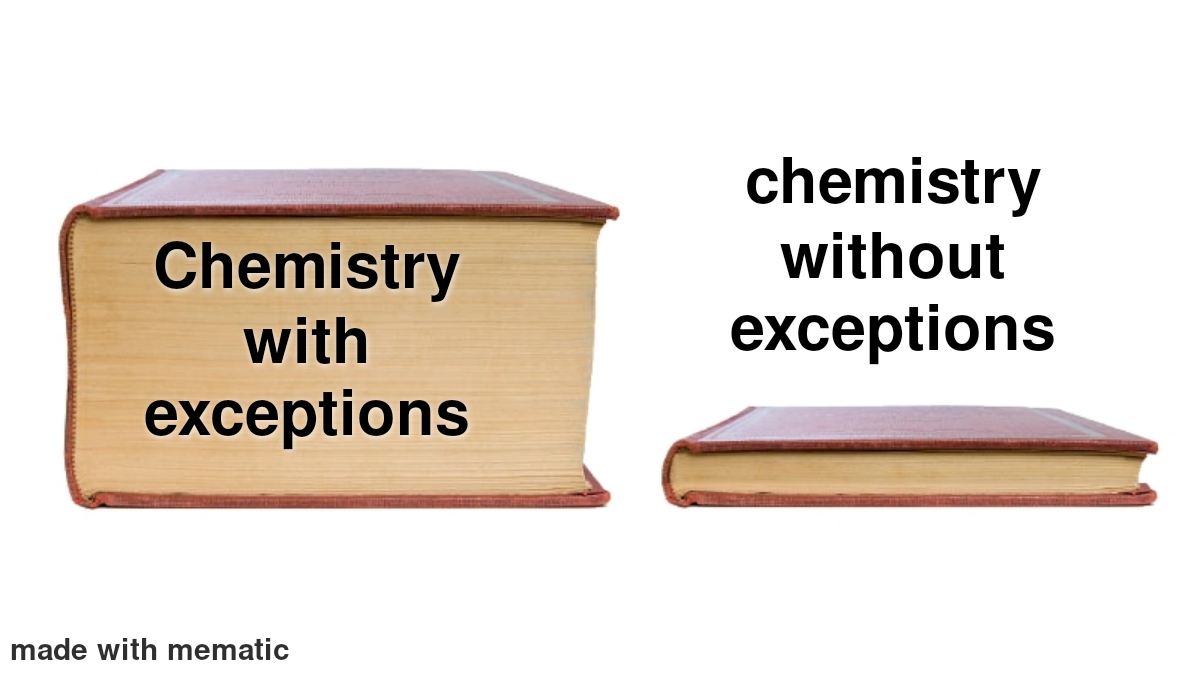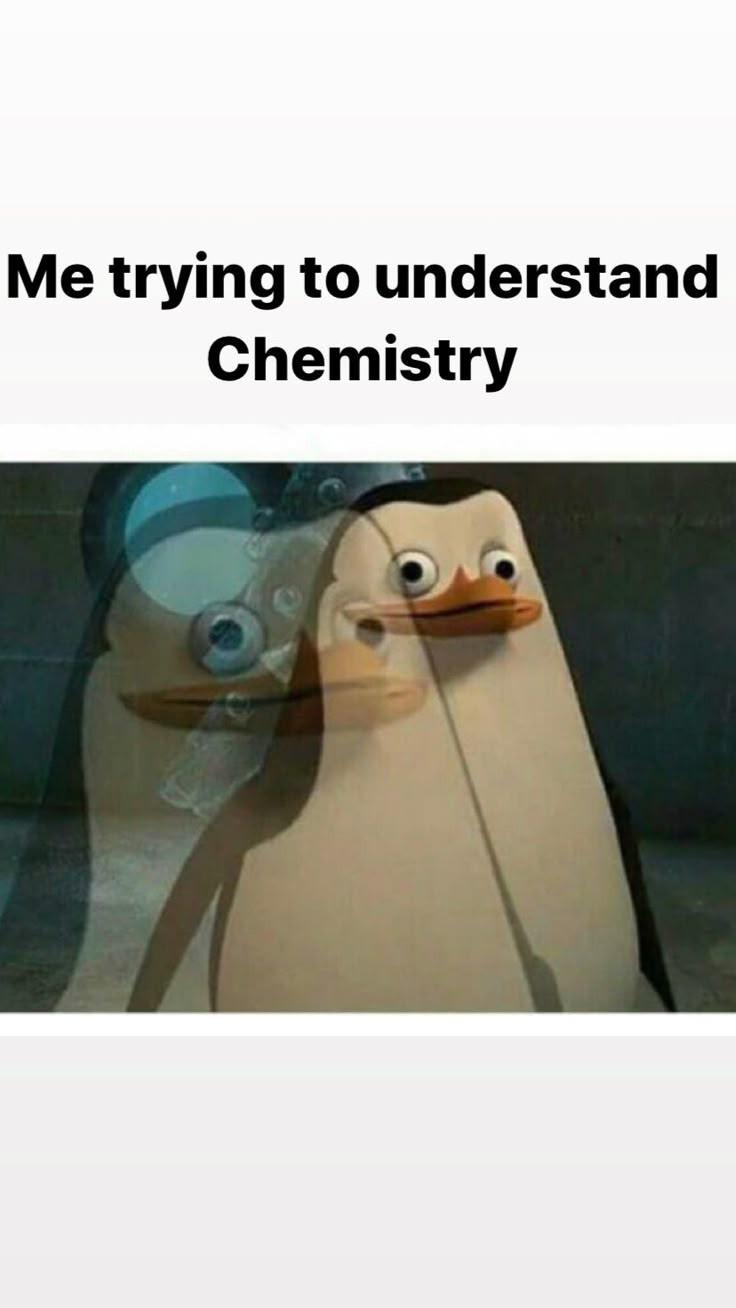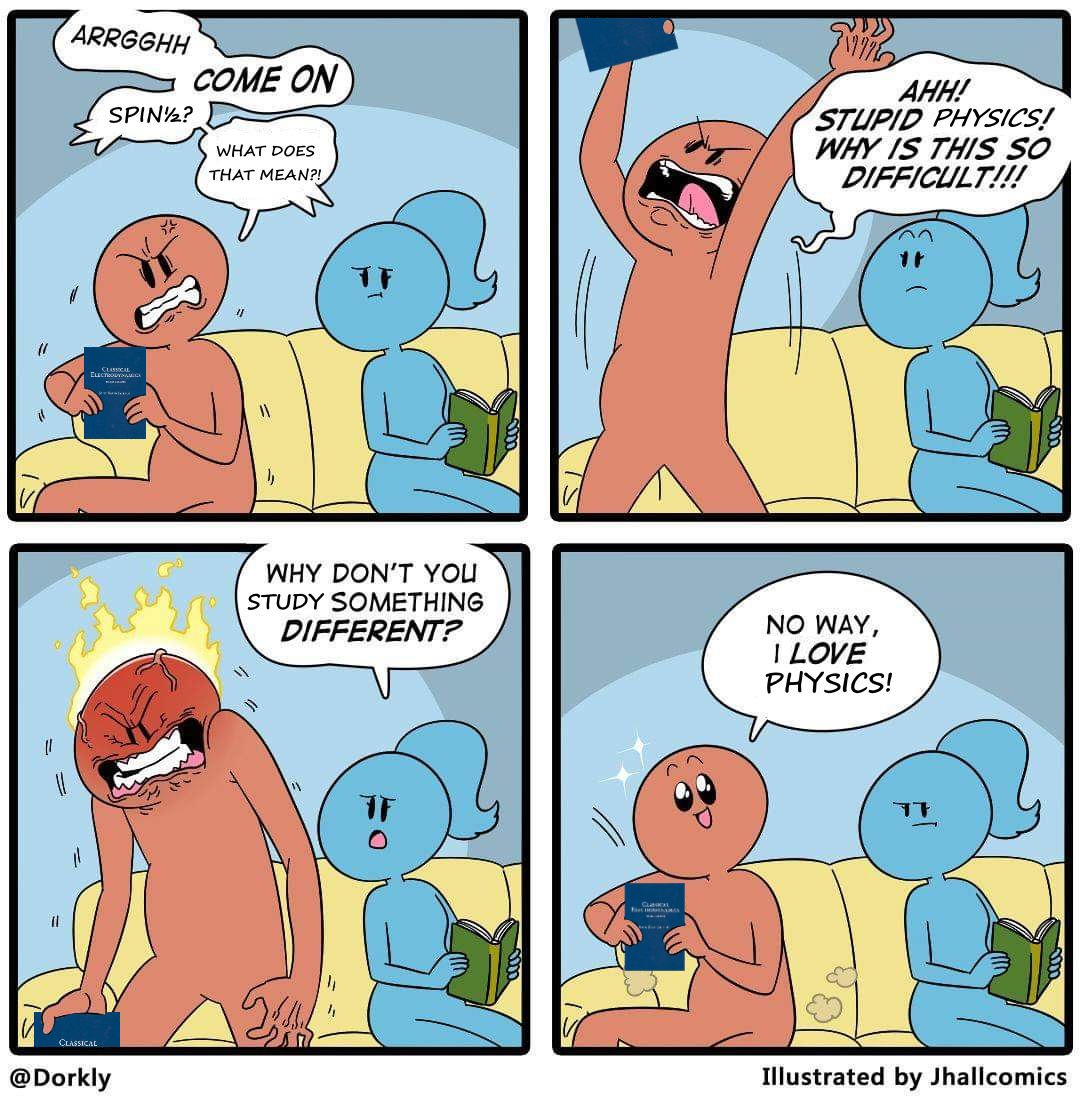Carbon's promiscuous bonding habits make it the player of the periodic table! With four valence electrons ready to mingle, carbon forms more compounds than any element at the party. It'll bond with practically anything—hydrogen, oxygen, nitrogen, even itself in chains and rings! Meanwhile, students in organic chem are pulling their hair out memorizing 500+ reaction mechanisms because carbon just can't keep it simple. The title "Not With O² Tho" is the perfect chemistry burn—oxygen molecules are actually one of the few things carbon doesn't easily hook up with directly!


 Academia
Academia
 Ai
Ai
 Astronomy
Astronomy
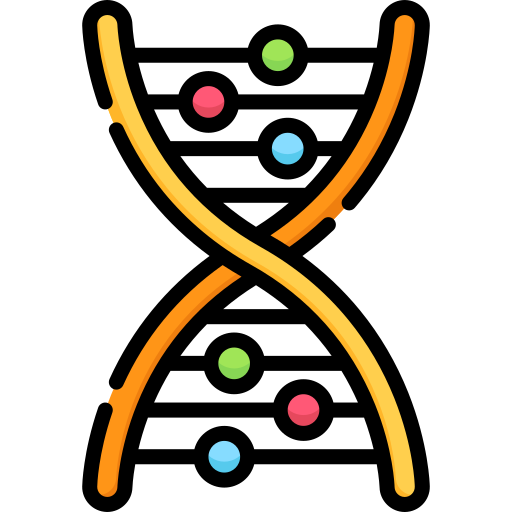 Biology
Biology
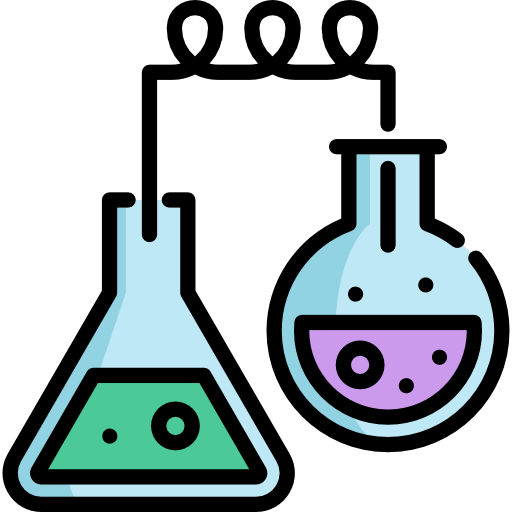 Chemistry
Chemistry
 Climate
Climate
 Conspiracy
Conspiracy
 Earth-science
Earth-science
 Engineering
Engineering
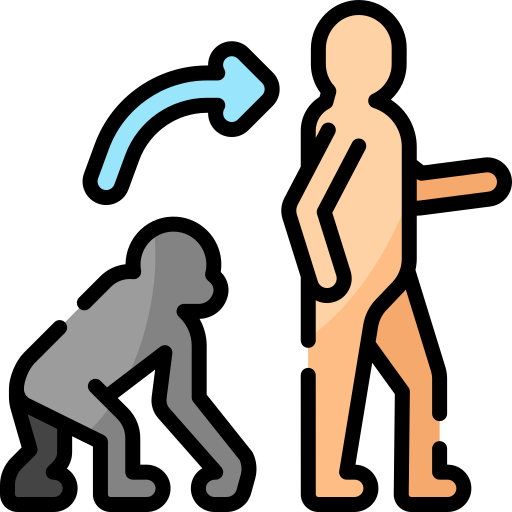 Evolution
Evolution
 Geology
Geology
